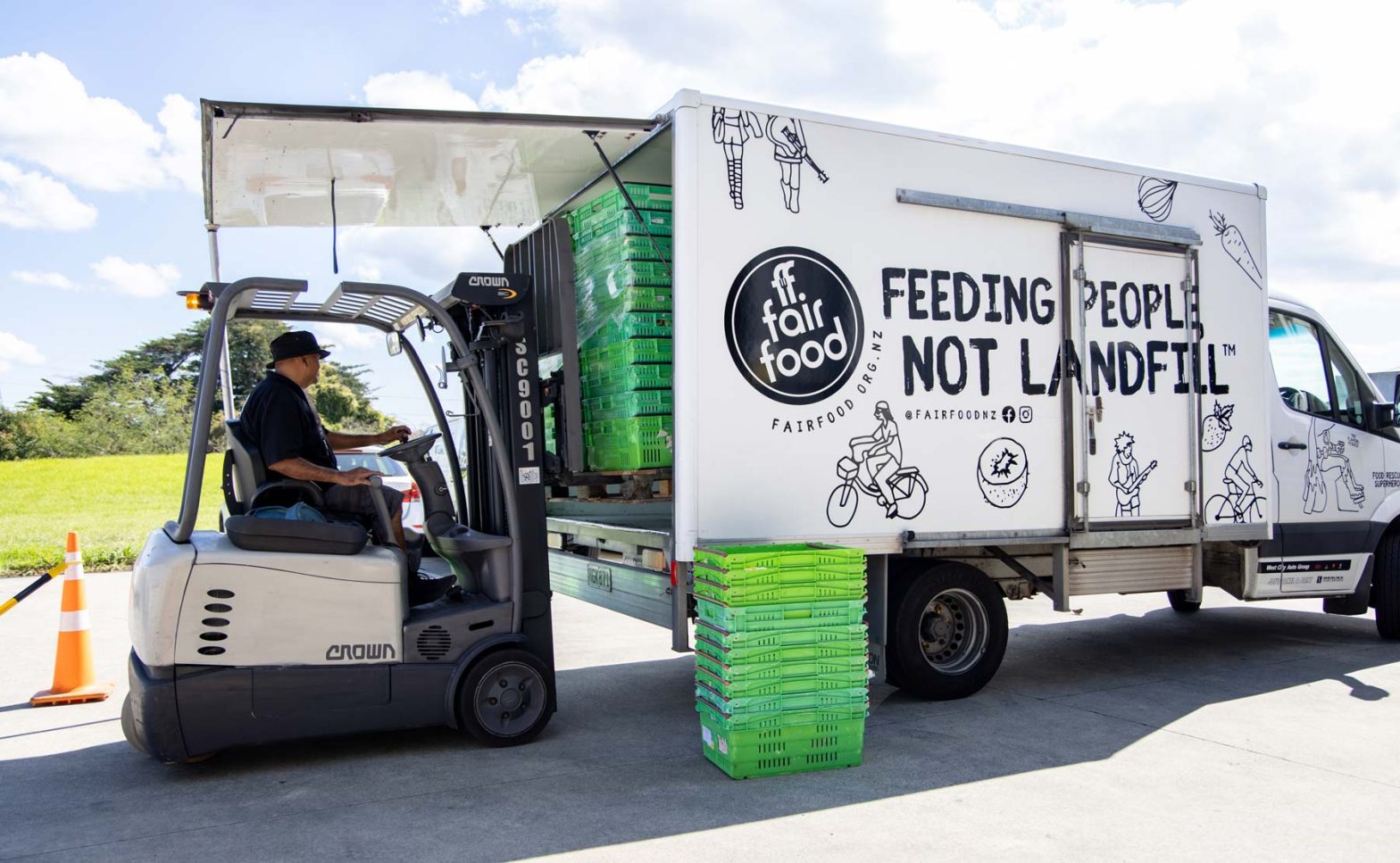
According to the 2023 Survey of Charitable Giving in New Zealand published by the Victoria University of Wellington’s Business School, New Zealand ranks among the top ten countries in the world for charity giving. Whether our donations flow in the form of time, money, or even the offer of help to a stranger, infused into Kiwi culture is a generosity towards our neighbour in need, as evidenced by the number of food drives, money-raising bake sales, and sponsorship links for charity 5Ks that go ‘round workplaces each year. But what about doing more as a business than contributing the odd gold coin when duty calls? Is fronting up time, money, and employee effort for charitable causes worth the investment for SMEs?
The question is a common one, says Rahul Watson Govindan, CEO of Philanthropy New Zealand | Tōpūtanga Tuku Aroha o Aotearoa (PNZ). PNZ is a national organisation dedicated to shining a light on the exceptional and generous ways Kiwis give back to their communities, and Rahul says there’s a lot to celebrate. “We as New Zealanders are a country of small businesses, and small businesses make a huge contribution to our wellbeing and the economy.”
Understandably, he says, SME owners often wonder how to balance a formal charity giving programme with the day-to-day requirements of running their operation. “One of the most common themes is that you’re time poor, you’re resource poor, and you’re not so financially flush that you can afford to make too many errors. So we start by asking two questions: Why do you want to think about this? And how do you go about addressing it if you want to?”
Findings from Volunteering New Zealand offer an impressive array of reasons to answer the “why.” According to their report “Volunteer Wellbeing: What Works and Who Benefits?”, volunteering has documented positive effects on wellbeing, from bettering mental health to feeling happier, more socially connected, and more satisfied with life. And beyond the mental health and improved happiness of your staff, says Rahul, charitable giving provides a plethora of specific benefits for businesses.
To start, “there are some tangible, transactional reasons that are fairly self-evident,” he says. Coming together to donate time, money or physical effort as a team can “build greater staff loyalty and engagement, build brand and customer loyalty, and enhance the company reputation.” And if you’re looking for new content for social media or your business website, charitable giving is a guaranteed crowd pleaser. “It might strengthen a business’s competitive edge while strengthening the community. It’s a great story to tell for marketing purposes.”
But there’s more, emphasises Rahul, than the obvious optics.
“Giving can make you feel more emmeshed and participant in your community and in the area in which you’re operating. It’s a way to empathise with your customers but also to find some meaningful identity for yourself.”
Rahul says that by asking yourself how your business can understand and contribute to your community beyond the goods or services you provide, you can deepen your value in both the eyes of your customers and the world at large. “Giving is a meaningful and deeply impactful way of giving you a sense of value, identity, and influence on your world around you. It also creates a sense of mental satisfaction, of ‘I can create change, we can work together, there are some good things going on’.”
So where do you start? Rahul offers some practical steps.
“Spend a bit of time thinking about your own values, your own ‘why’: what matters to you and you’re interested in,” he advises. “Where would you like to make a difference? Is it children’s wellbeing and health or education, is it within social justice, or women’s rights, or the environment? Whatever it might be, put some ideas down of what matters to you as an individual and as a business.”
Next, he says, find out what matters to those with arguably the most influence on your business: your customers.
“Take a look at your customers and ask them about what do they do in their off time. What are they doing in the evenings and on weekends? You might find that they’re spending time cleaning up beaches or volunteering with surf lifesaving, or they’re volunteering as a sports coach, providing budgeting advice to those who need it, or helping at a soup kitchen. Their values and what matters to them will be self-evident based on how they spend their time.”
From there, the search can begin for a charitable organisation doing work that aligns with your values and those of your customers. Start close to home, Rahul suggests, and expand your search further out into your region as necessary. The RBA partners with a number of initiatives that might be of interest (read more on the RBA website under “Community Partnerships”) and counts charitable organisations Fair Food, UpsideDowns Educational Trust, and VisionWest Community Trust among its members.
For practical support with your charitable giving journey, organisations like Community Foundation and The Gift Trust provide resources and help for businesses looking to establish a giving programme.
Above all, says Rahul, remember to support a charitable organisation that aligns not only with your brand, values and the values of your customers but is addressing the issues that matter to you in a way you agree with.
“That’s important, because when times are tough, you tend to pare back on things that don’t matter and keep the things really do.”
Special thanks to Rahul Watson Govindan and PNZ for contributing to this article.
Roundabout Magazine
This article was published in Roundabout Magazine Issue 208 (June 2024).










